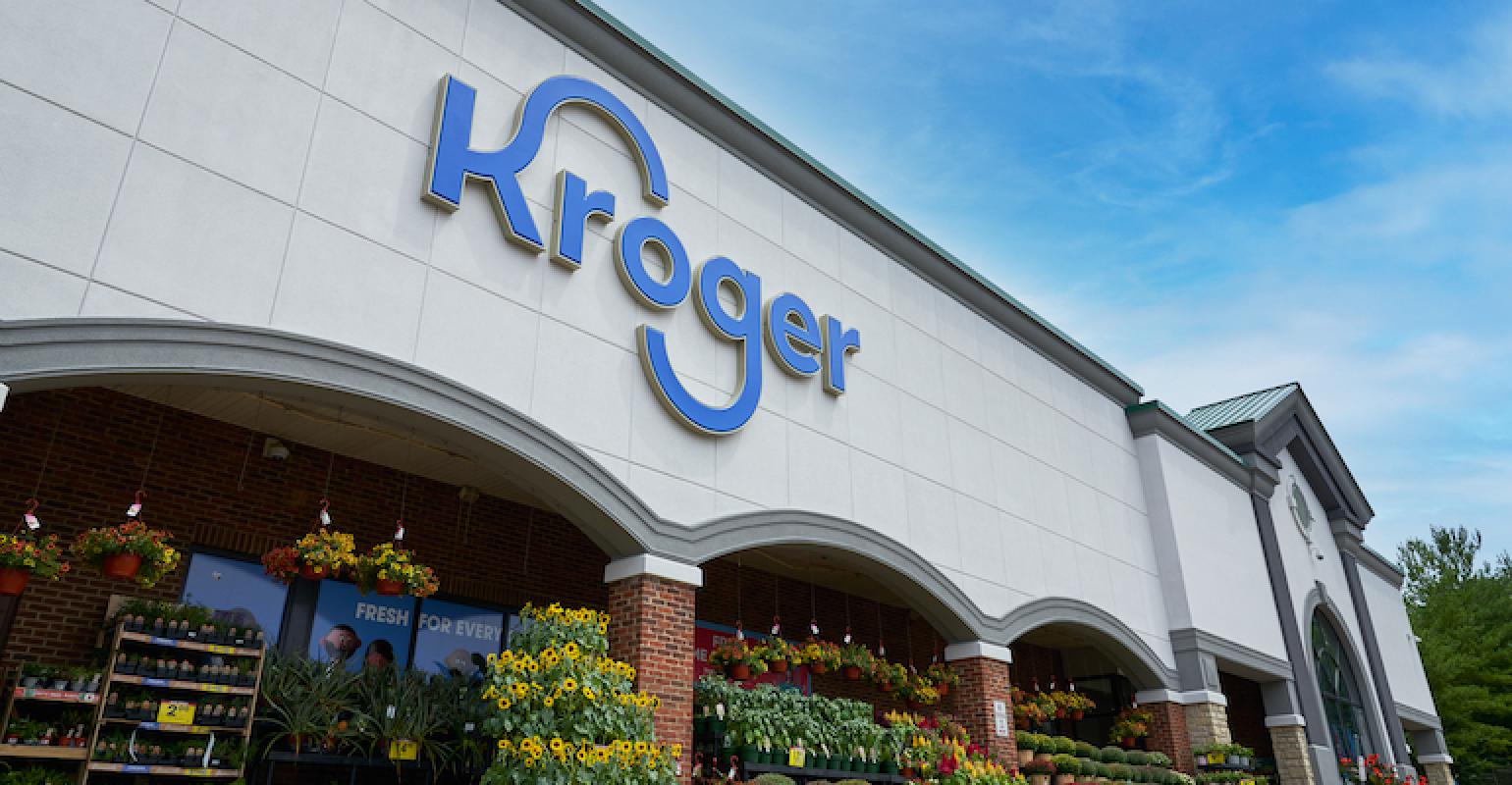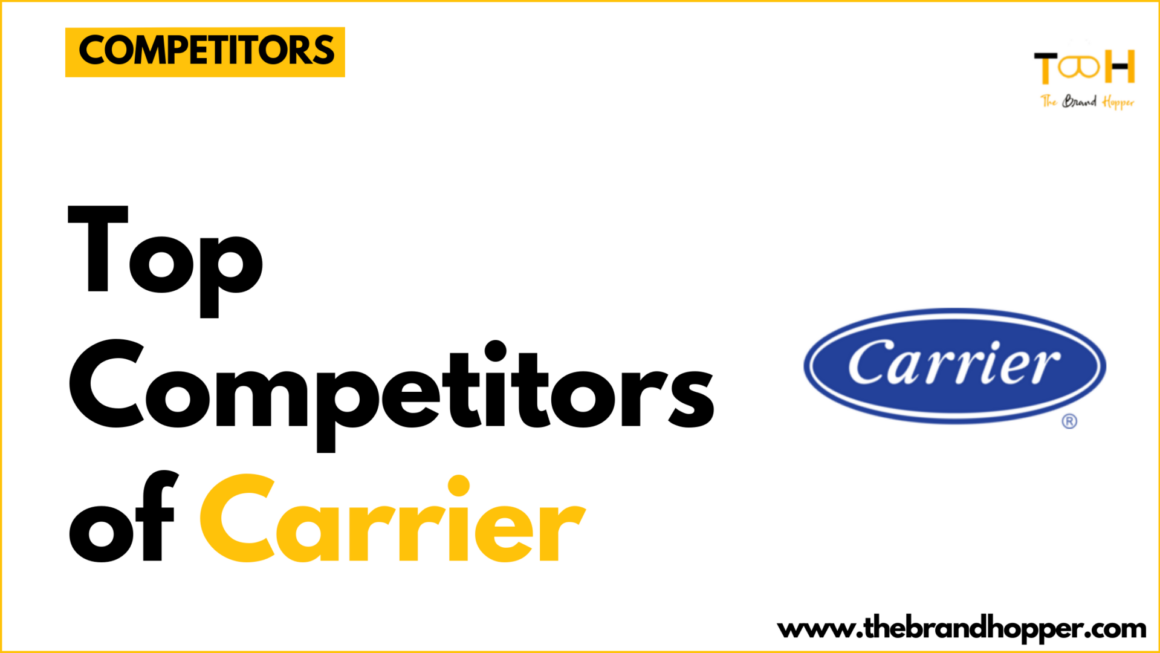Kroger is the largest supermarket operator in the United States by revenue and the fifth-largest general retailer. The company was founded in 1883 by Bernard Kroger in Cincinnati, Ohio. Kroger operates a variety of supermarket formats, including traditional grocery stores, multi-department stores, price-impact warehouse stores, and convenience stores under various banners, including Kroger, Fred Meyer, QFC, King Soopers, and many others. In this article, we’ll read about Kroger’s Marketing Strategies and Success Factors.
The company also owns and operates a number of food manufacturing and processing facilities. The company primarily operates as a grocery store, offering fresh produce, meat, dairy, and household essentials alongside general merchandise and pharmacy services.

Kroger has over 2,800 stores in 35 states and the District of Columbia. The company employs over 460,000 people and generates over $130 billion in annual revenue. Kroger is a publicly traded company and is listed on the New York Stock Exchange.
Kroger is known for its low prices, wide selection of products, and excellent customer service. The company offers a variety of loyalty programs and discounts to its customers. Kroger is also committed to sustainability and has a number of initiatives in place to reduce its environmental impact.
Kroger is a major player in the American retail industry and is well-positioned for continued growth in the years to come. The company is expanding its store footprint and adding new formats to meet the changing needs of its customers. Kroger is also investing in technology to improve the customer experience.
Here are some of the key factors that have contributed to Kroger’s success:
- Low prices: Kroger is able to offer lower prices than its competitors by buying in bulk and passing the savings on to its customers.
- Wide selection of products: Kroger offers a wide variety of products, including groceries, produce, meat, seafood, dairy, baked goods, deli, frozen foods, snacks, beverages, and more.
- Excellent customer service: Kroger is known for its excellent customer service. Employees are friendly and helpful, and they are always willing to go the extra mile for customers.
- Loyalty programs and discounts: Kroger offers a variety of loyalty programs and discounts to its customers. This helps to attract and retain customers.
- Sustainability: Kroger is committed to sustainability and has a number of initiatives in place to reduce its environmental impact. This includes using energy-efficient lighting and appliances, recycling and composting, and reducing food waste.
As we embark on a journey to explore the intricate details of Kroger’s history, strategies, and impact, we uncover the driving forces behind its enduring success. In the following article, we delve into the multifaceted dimensions of Kroger’s evolution, offering insights into the strategies, values, and initiatives that have shaped it into the iconic brand it is today.
Marketing Strategies of Kroger
Kroger, a retail powerhouse with a rich history, has achieved its status through a combination of astute marketing strategies that cater to diverse customer needs, bolstered by innovative approaches to engagement and growth. These strategies have helped Kroger maintain its relevance, expand its footprint, and solidify its position as a retail leader. Let’s delve into the intricacies of Kroger’s marketing strategies:
EDLP (Everyday Low Prices): At the heart of Kroger’s marketing strategy lies its commitment to Everyday Low Prices (EDLP). This approach ensures that customers always find fair pricing across all product categories, eliminating the need for seasonal promotions or discounts. By avoiding heavy reliance on temporary price reductions, Kroger fosters loyalty among customers seeking consistent affordability.
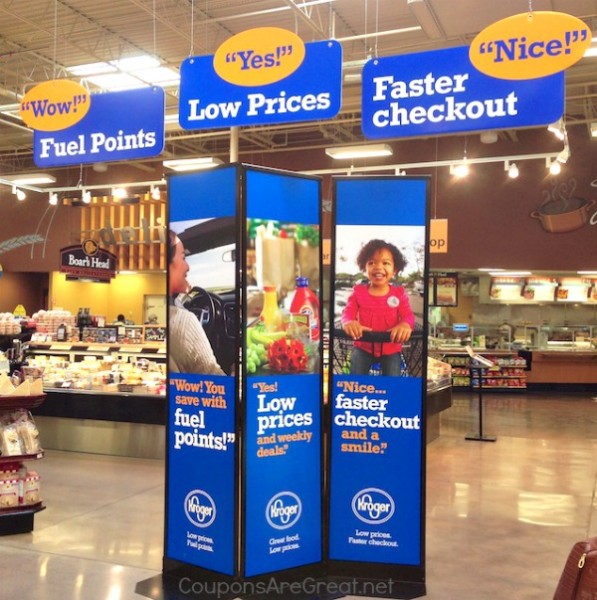
Private Label Brands: Kroger’s private label brands, including Simple Truth and Private Selection, are integral to its marketing strategy. These brands emphasize quality and value, allowing Kroger to offer unique and competitive products while also enhancing customer trust. The company’s rigorous quality assurance standards ensure that private label products meet or exceed the quality of national brands.
Digital Presence: In an era of digital disruption, Kroger has embraced technology to enhance its marketing efforts. The company’s investments in e-commerce, mobile apps, and online shopping have broadened its reach and accessibility. Kroger’s ClickList and Kroger Delivery services exemplify its commitment to providing convenient shopping options, catering to the evolving preferences of modern consumers.
Loyalty Programs: Kroger’s loyalty programs, such as the Kroger Plus Card, serve as effective tools for customer retention and personalization. These programs offer discounts, personalized offers, and rewards, creating a sense of exclusivity and appreciation among customers. By leveraging data collected through these programs, Kroger tailors promotions and recommendations, enhancing the overall shopping experience.
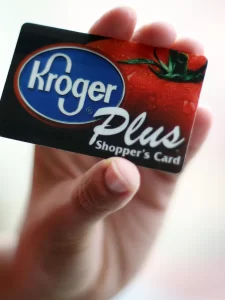
Partnership with Alibaba Group: In a move aimed at expanding its footprint beyond North America, Kroger entered into a strategic alliance with China’s leading e-commerce platform, Alibaba Group. This collaboration enables Kroger to tap into the Chinese market and benefit from potential synergies between both companies. As part of the agreement, Kroger will sell its Simple Truth natural and organic products on Tmall, Alibaba’s B2C platform. Meanwhile, Alibaba’s LST division will receive expert advice from Kroger’s team to enhance logistics operations within China.
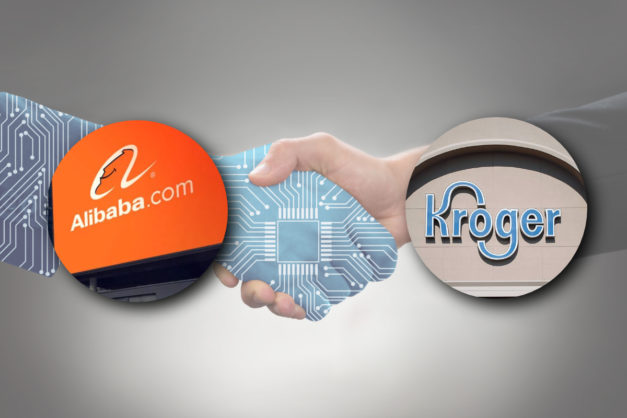
Personalization and Customer Segmentation: Kroger uses advanced analytics tools to gain insights into consumer behavior patterns and segment shoppers based on demographics, purchasing history, and other relevant factors. These segments guide the creation of targeted advertisements, promotional offers, and customized content to resonate better with specific groups of customers.
Omnichannel Capabilities: Kroger continues to improve its omnichannel offerings, such as ClickList curbside pickup and home delivery services, to meet growing demand for convenience and flexibility. These services allow customers to shop whenever and wherever they choose, further strengthening brand affinity.
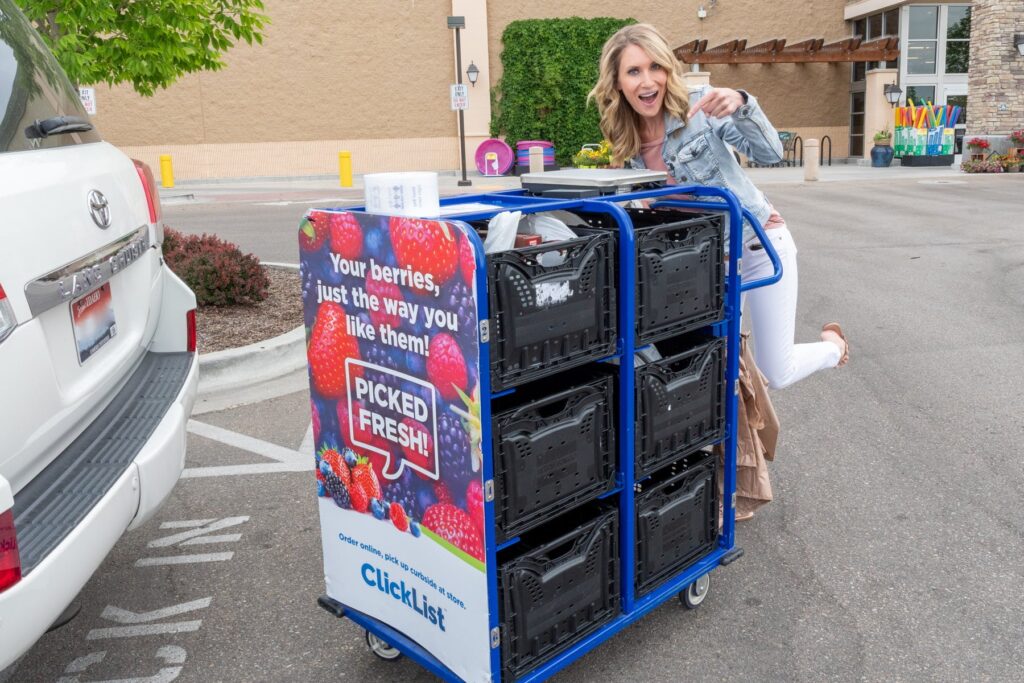
Community Engagement: Kroger prioritizes community involvement through philanthropic activities and local sponsorships. The company supports causes ranging from education and poverty alleviation to environmental conservation and veteran support. By positioning itself as a socially responsible corporate citizen, Kroger fosters positive public relations and attracts conscientious consumers.
Seasonal Promotions: While focusing on EDLP, Kroger still runs periodic campaigns during holidays, events, and peak seasons when demand is high. These limited-time offers encourage impulse buying and boost sales volumes during otherwise slower periods.
Supplier Collaborations: Kroger collaborates closely with vendors to ensure efficient supply chain management and optimize inventory levels. By working together with suppliers to forecast demand and adjust orders accordingly, Kroger minimizes waste and optimizes resource allocation, ultimately benefiting both parties involved.
Advertising and Brand Visibility: Kroger employs a diverse range of advertising channels to maximize its brand visibility. From traditional media such as TV and print to digital platforms and social media, Kroger ensures that its marketing messages reach a wide audience. Seasonal campaigns, promotions, and partnerships also contribute to the company’s visibility and engagement with customers.
Kroger’s marketing strategies emphasize providing value to customers through competitive prices and quality products. The company leverages technology to streamline processes, reduce costs, and enhance the overall shopping experience. Kroger’s focus on sustainable practices reflects its commitment to protecting the environment and supporting communities where it operates. Overall, these efforts contribute to long-term growth and success for both Kroger and its stakeholders.
Kroger’s Success Factors: Unveiling the Factors Behind the Triumph
Kroger’s remarkable success can be attributed to a combination of strategic decisions, adaptability, customer-focused initiatives, and a commitment to innovation. As one of the largest and most influential supermarket chains in the United States, Kroger’s journey to success is marked by several key factors:
Strong Focus on Customers: Kroger places great importance on understanding customer preferences and behaviors. They use data analysis and feedback from loyalty programs to identify trends and adapt their product assortment, pricing, and promotions accordingly. This approach ensures that Kroger meets changing customer needs effectively while building strong relationships with its clientele.
Competitive Pricing Strategy: Kroger employs Every Day Low Pricing (EDLP) to provide consistent value to customers through affordable prices across all departments. By avoiding heavy reliance on temporary markdowns or coupons, Kroger appeals to cost-sensitive shoppers seeking straightforward pricing structures. Regular price checks against competitors help maintain this advantageous position without compromising profit margins.
Diversification of Product Offerings: Kroger differentiates itself from competitors by offering a wide variety of merchandise options under one roof. From fresh produce and meat to household goods and electronics, Kroger provides comprehensive selections catering to diverse customer interests and needs. This breadth of choice encourages repeat visits and increases basket sizes among patrons.
Investment in Technology: Kroger recognizes the significance of technological advancements in modern retail environments. As such, the company invests heavily in automating backend processes and improving frontend experiences for employees and customers alike. For instance, Kroger utilizes online grocery ordering systems, self-checkout machines, and robotic warehouses to streamline operations and cut expenses. Additionally, Kroger develops user-friendly apps and websites to facilitate easy browsing, order tracking, and communication between staff and clients.
Emphasis on Sustainability: Kroger acknowledges the impact of business decisions on the environment and society. Therefore, the company implements numerous initiatives aimed at reducing waste, conserving energy, and supporting community and supporting communities where it operates. By supporting local organizations, participating in charitable initiatives, and aligning with causes that matter to its customers, Kroger deepens its connection with the communities it serves. This not only enhances brand perception but also fosters a sense of loyalty among customers who appreciate Kroger’s positive impact beyond its stores.
Data-Driven Decision-Making: Kroger’s success is underpinned by its adept use of data analytics. The company leverages customer data to understand purchasing patterns, preferences, and trends. This data-driven approach informs inventory management, enables personalized marketing efforts, and ensures that Kroger stays responsive to changing consumer demands.
Adaptability to Changing Market Trends: Kroger’s success is a testament to its agility and ability to navigate shifts in consumer behavior and market dynamics. The company’s willingness to evolve its offerings, invest in technology, and explore new formats allows it to remain relevant in a rapidly changing retail landscape.
Kroger’s success story is characterized by its customer-centricity, emphasis on private label brands, data-driven insights, digital transformation, community engagement, competitive pricing, and adaptability. These factors collectively contribute to Kroger’s enduring relevance and position as a leader in the retail industry, showcasing how a combination of strategic decisions and a deep understanding of customer needs can drive sustained success in a competitive marketplace.
Also Read: Costco Wholesale: Success Factors and Marketing Strategies
To read more content like this, subscribe to our newsletter

